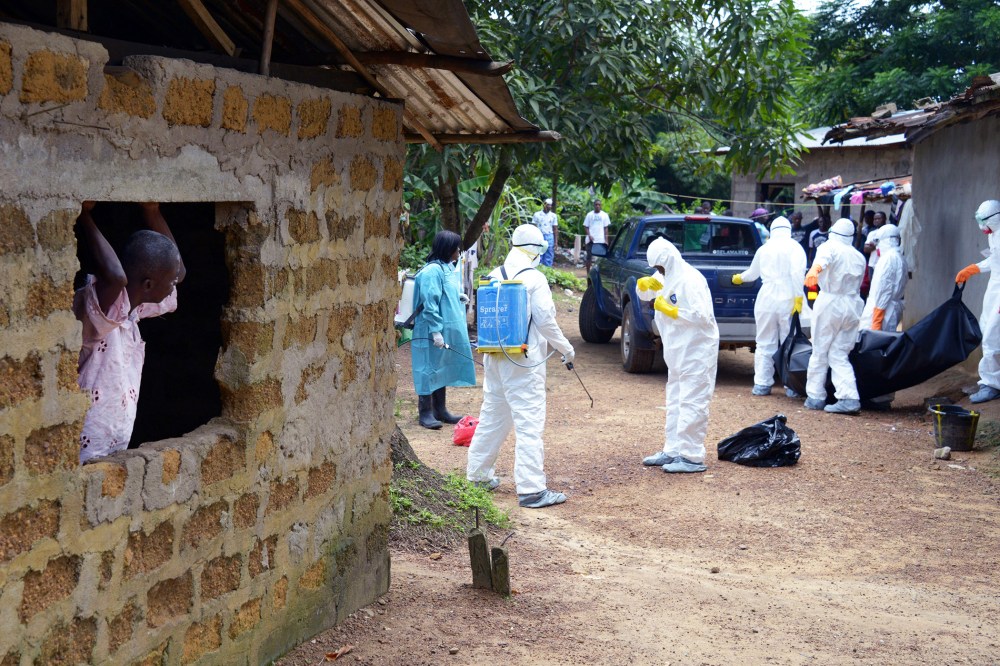The outbreak of Ebola that is affecting parts of Africa is the worst ever seen. The cumulative number of cases stands at nearly 4,000, with 2,000 of those resulting in death — figures that surpass the numbers seen in all previous outbreaks combined. This is an unforgiving virus that shows no mercy. To date, nearly 300 medical staff have been infected, and around half of them have died.
The three hardest-hit countries, where cases now number in the thousands and where the capital cities are affected, are in West Africa: Guinea, Liberia, and Sierra Leone. These countries, which have just emerged from years of civil war, are among the poorest in the world. The World Health Organization (WHO) estimates that the three countries have only one to two doctors per 100,000 people. Guinea’s neighbor, Senegal, connected by an extremely porous border, has also announced a case of Ebola.
Nigeria has reported a small number of cases — first in Lagos and now in Port Harcourt, the country’s oil and natural gas hub. An assessment by Nigerian health staff and WHO epidemiologists reveals a situation there with great potential to explode, both in terms of cases and volatile social unrest. Military escorts are needed for movements into the Ebola isolation and treatment center.
This fast-moving outbreak has a number of unprecedented features and is delivering one surprise after another.
What we see is this: Decimated families and communities, abandoned villages, food and fuel shortages, uncollected bodies, two thousand fresh and recent graves, a rising number of orphans, and hospitals overflowing or shut down entirely.
In some areas, no health services whatsoever are functioning — not for malaria, or tuberculosis, or HIV. That also includes childhood diarrheal disease and pneumonia, and even safe childbirth. No health services for anything.
At the same time, fewer and fewer medical graduates are choosing family medicine as their specialty. In the absence of family physicians and primary care services as “gate-keepers,” patients tend to flood emergency rooms, even for routine care.
The ramifications extend far beyond the health sector. As the economists tell us: Revenues are down. Foreign exchange levels are down. Markets are not functioning. Airlines and ships are not coming in. Development projects are being cancelled, and business people have left the region.
As we look at what this virus has done to affected parts of West Africa, every country in the world wants to keep the Ebola virus out of its borders. The whole world is watching what happens. What does this outbreak, which has been making headlines for months, tell us about the state of the world at large? What does it tell world leaders, and the citizens who elect them, about the state and status of public health?
I see six things.
First, the outbreak spotlights the dangers of the world’s growing social and economic inequalities. The rich get the best care. The poor are left to die.











